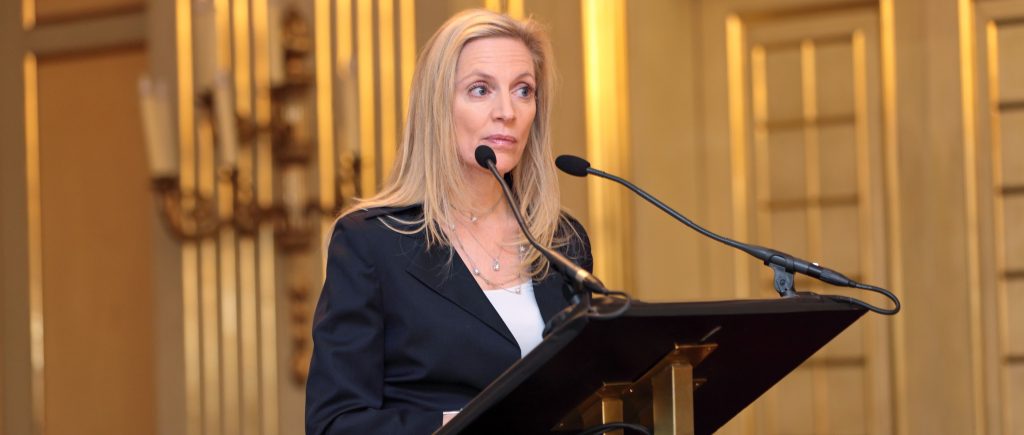Fed’s Vice Chair Lael Brainard said that ”there are reasons to think high inflation in the more labour sensitive “core services ex-housing” basket might reflect the pass-through of pandemic and war one-offs and not solely cyclical strength from tight labour markets.
“Inflation has been declining over the past several months against a backdrop of moderate growth,” Brainard said in prepared remarks for a speech that noted a “significant weakening in the manufacturing sector,” a moderation in consumer spending, and other data pointing to now “subdued growth” in 2023.
Despite continued hawkish language across speeches by Fed officials this week, the US dollar has been retreating owing to disinflationary data contrary to that hawkishness. The US Dollar index, DXY, has subsequently been unable to pick itself up from the such lows.
”The DXY index, above, shows the US Dollar meeting resistance in a W-formation on the hourly chart. A correction of the bid could be expected to meet the 102.00/20s in the coming sessions as the price reverts to the neckline of the pattern in a 38.2% Fibonacci correction.”
Key Quotes
“It is likely that the full effect on demand, employment, and inflation of the cumulative tightening that is in the pipeline still lies ahead,” Brainard said in the remarks for a speech at the University of Chicago’s Booth School of Business.
“It remains possible that a continued moderation in aggregate demand could facilitate continued easing in the labor market and reduction in inflation without a significant loss of employment,” Brainard said.
“Even with the recent moderation, inflation remains high, and policy will need to be sufficiently restrictive for some time to make sure inflation returns to 2 percent on a sustained basis,” Brainard said.
The recent downshift in the pace of rate hikes allows US central bank to assess more data as it moves policy to a sufficiently restrictive level.
It will take time and resolve to get high inflation down to the fed’s 2% target.
.
The policy will need to be sufficiently restrictive for some time.
Inflation has been declining, and data point to subdued growth ahead.
Monetary policy’s drag on US economic growth and employment ‘likely to increase’ in 2023.
Tentative signs labour demand is cooling says labour supply likely to remain constrained.
Wages do not appear to be driving inflation, and sees no 1970s-style wage-price spiral.
Tentative signs of moderating wage growth.
Risk-management posture needed to defend inflation expectations anchor.

 Noor Trends News, Technical Analysis, Educational Tools and Recommendations
Noor Trends News, Technical Analysis, Educational Tools and Recommendations




